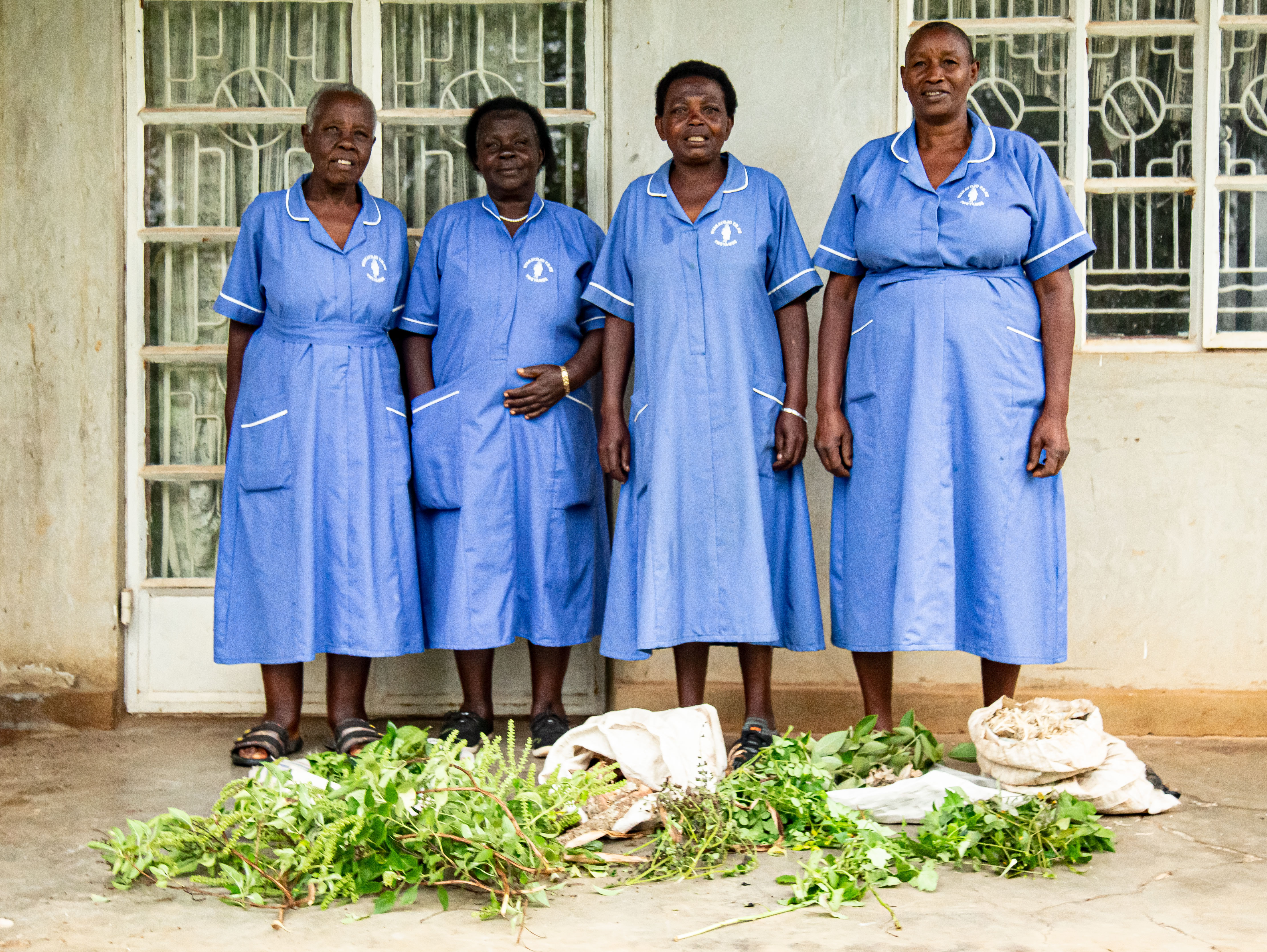The Ambivalent Position of Traditional Birth Attendants in Uganda
In Uganda, especially in rural and remote areas, traditional birth attendants (TBAs) are often the only source of support available to pregnant women. Beyond assisting with childbirth, they serve as trusted confidants and advisors. They also play a key role in preserving traditional knowledge related to pregnancy, childbirth, postnatal care, and medicinal plants. Despite their important role, the Ugandan government officially banned their practice in 2010. Since then, TBAs are only allowed to offer advisory support or accompany pregnant women to medical facilities. Nevertheless, many continue to work in hiding.
For many years, TBAs have played a vital role in primary healthcare, particularly in regions with poor health services. Their traditional knowledge, often passed down through generations, includes not only childbirth practices but also the use of medicinal plants to ease pregnancy-related discomfort and aid recovery after birth. Many women deeply appreciate the personalized care rooted in cultural traditions, along with the emotional and physical support offered before, during, and after child delivery. They offer their services usually at free or affordable fee, which makes them essential for many families. Research shows that most women in rural areas prefer TBAs to skilled attendants. Despite their importance, the situation surrounding TBAs in Uganda remains complex. The country’s maternal mortality rate with over 300 deaths per 100,000 live births, is among the highest in sub-Saharan Africa. This has brought attention to the accessibility and quality of maternal healthcare in general. Many TBAs lack formal medical training and do not have access to sterile equipment, medications, or emergency transportation. At the same time, the legal uncertainty surrounding their role since the 2010 ban has made effective collaboration with public health facilities more difficult.
Rather than banning TBAs, their potential should be recognized and systematically integrated into the public healthcare system, says Dr. Maud Kamatenesi-Mugisha, epidemiologist, ethnobotanist and project member. Targeted training, basic medical equipment, and clear legal recognition could help raise safety standards without losing the culturally embedded knowledge they offer. Amatenesi-Mugisha and her team are convinced that collaboration between TBAs and medical professionals would not only improve care for mothers and newborns but also promote respect for local traditions and herbal medicine. Combining traditional plant-based healing with modern medical practices presents an opportunity to sustainably strengthen maternal and newborn healthcare. In some regions, pilot projects are underway that are working towards this type of cooperation and aim to provide TBAs with formal basic training.
Source and Further information: Traditional birth attendants in Uganda, Kamatenesi and team, 2025 (Unpublished manuscript).
https://www.newvision.co.ug/news/1319203/revisiting-policy-traditional-birth-attendants?utm
